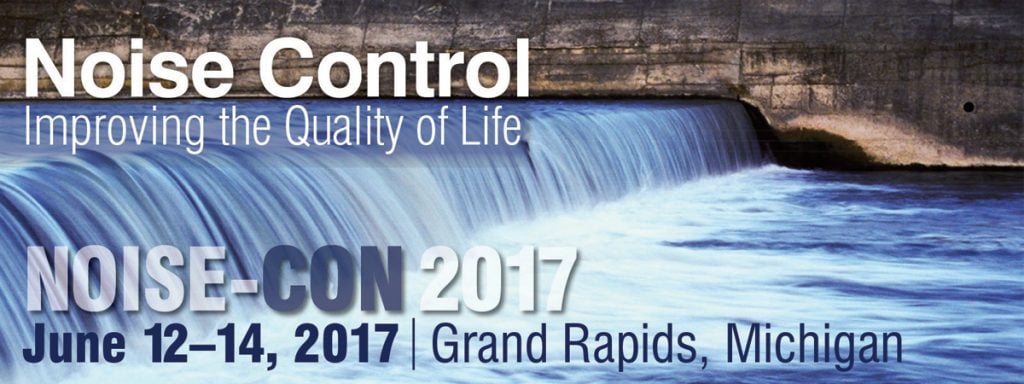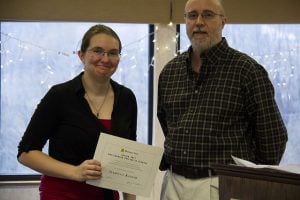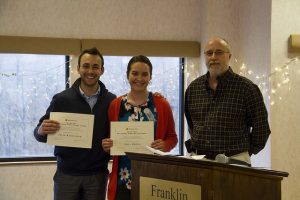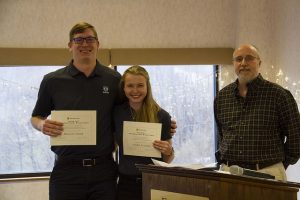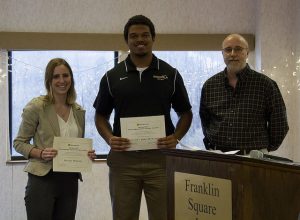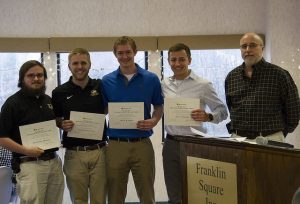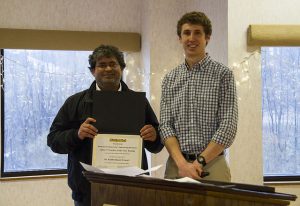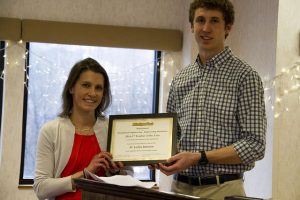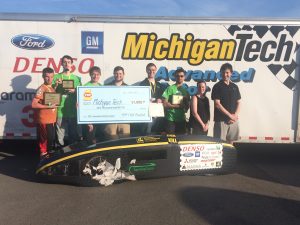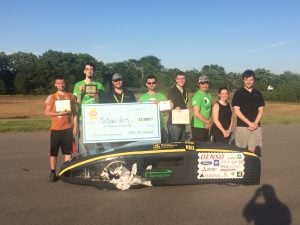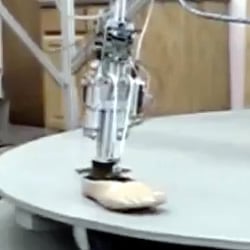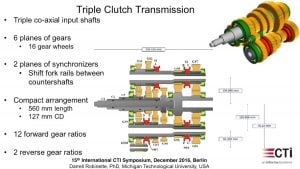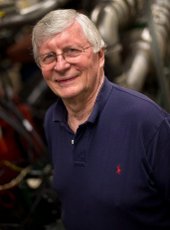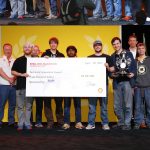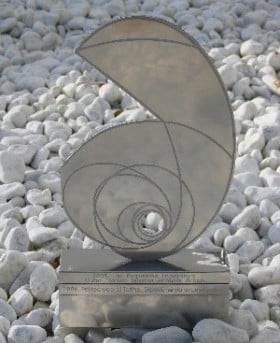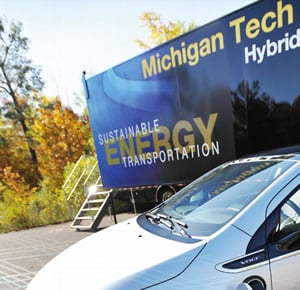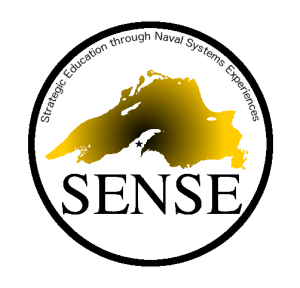A total of 14 Michigan Tech students, 13 graduate students and one undergrad, are in Grand Rapids, Michigan for the joint SAE Noise and Vibration Conference and the Institute of Noise Control Engineering of the USA (NOISE-CON 2017). They are students of Jason Blough (ME-EM) and Andrew Barnard (ME-EM).
On Wednesday, Michigan Tech students won 11 awards between the two conferences:
- SAE NVC Best Student Paper—First place: Troy Bouman, Second Place: Mahsa Asgarisabet
- INCE-USA NoiseCon Best Student Paper—Micaela Theiry and Trinoy Dutta
- INCE-USA Hallberg Foundation Travel Award—Theiry, Miles Penhale, Siddharth Parmar, Suraj Prabhu and Asgarisabet
- Beranek Gold Medal for Excellence in the Study of Noise Control Engineering for an Undergraduate Student—Stephania Vaglica
- Beranek Pewter Medal for Excellence in the Study of Noise Control Engineering for a Graduate Student—Asgarisabet
The students also had a booth in the expo where they showed off some of their work and it was busy with visitors for two straight days.
By Mechanical Engineering-Engineering Mechanics.
The event took place on June 12-14, 2017.
